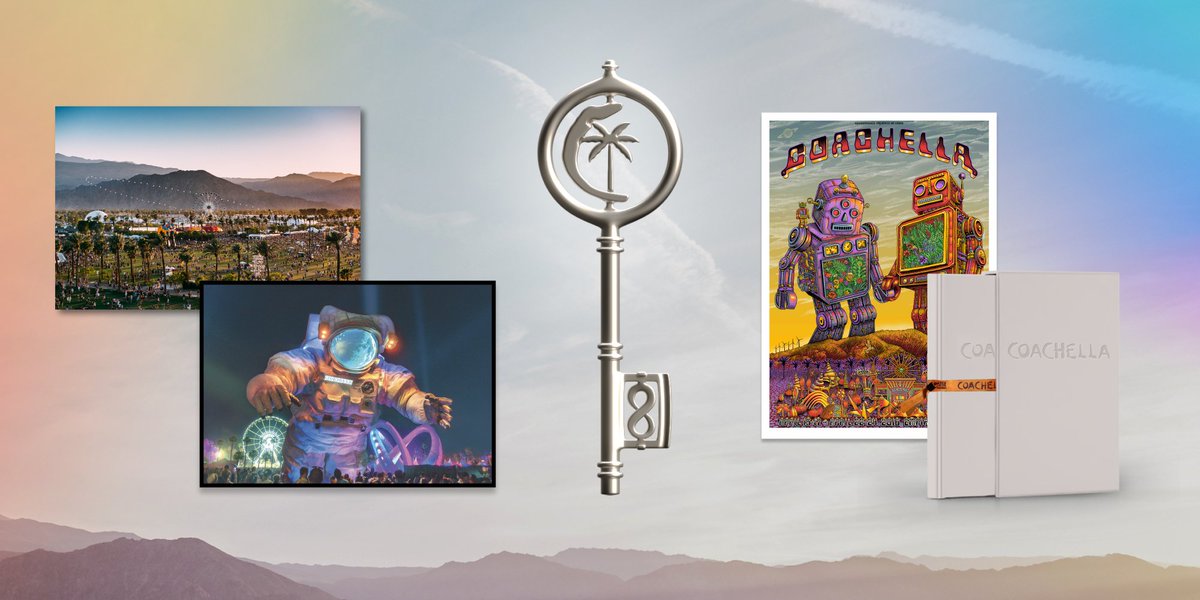One of my favourite pop culture writers is Chuck Klosterman, who is around my age and so I’ve been reading his books and online essays since he started in the 1990s. He has a new book coming out this month called The Nineties. I’m really looking forward to reading his take on a decade that seems so very different to the world we live in today. Almost alien — the internet really didn’t take off until the 2000s, and needless to say there were no smartphones. When you met up with your friends in the weekend, you had to phone them (on a landline!) and arrange a specific time and place to meet.
Klosterman was on The Bill Simmons Podcast this week, talking about his upcoming book. I particularly liked the discussion on how loneliness was a feature of 1990s culture, in that you often spent a lot of time alone — simply because there were few ways to connect to people. There were no digital connections, especially in the first half of the 90s, and you were forced to think your own thoughts when (for example) waiting for a bus or browsing your local record shop (for younger generations: we used to have these shops where you bought “albums” or “singles” of music). Meeting new people was hard back then, especially if (like me) you were shy and introverted.
Of course, there is a different kind of loneliness today, in our internet-saturated culture. You can connect to anyone you like on social media, but often you feel like nobody is actually listening to you (and one of my chosen stories this week touches on a reason why — the algorithms that control your feed!). It didn’t use to be this way, in the early part of the 21st century. One of the things I loved about blogging culture in the early 2000s was that you felt like you made real connections with fellow bloggers. Okay, so blogging was a niche activity back then (I got some strange looks from non-techie people when I explained what I did for a living in the 2000s). But, at least for me, it took away the loneliness and isolation I had experienced in the 90s. The isolation came back again after I sold my blogging company, but that’s another story.

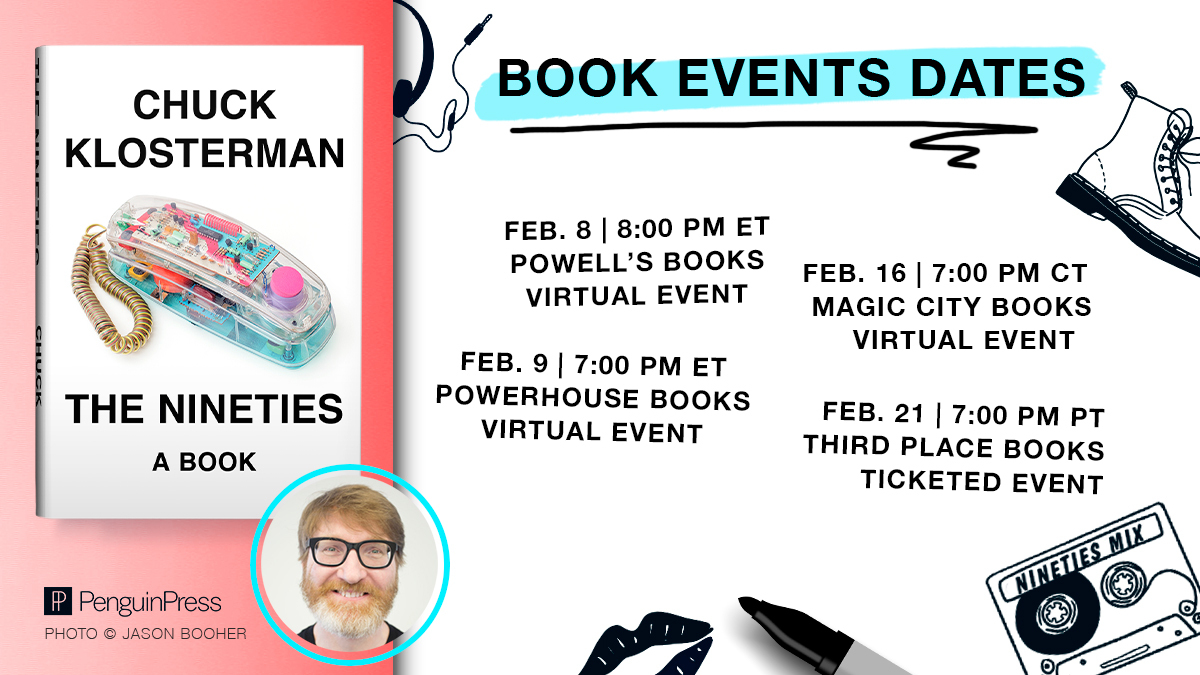
Anyway, let’s get to the most interesting culture-tech stories of the week…
Notes from the Present 📱
How Twitter’s Algorithm Works
An enlightening thread by an anon Twitter user called @deepfates, who explains that Twitter organizes your feed by using something called “artificial communities.” Long story short, even when you select “Latest Tweets” on your feed, you don’t get to see content from all of the people you follow. The algorithm chooses who you see. Connecting this to the loneliness theme, it means you aren’t necessarily being seen or heard by people who follow you.
Facebook Has Stopped Growing
Facebook (now called Meta) has seen its growth stall, so Mark Zuckerberg better hurry up and build the “metaverse” he promised last year. Young people, in particular, have better options right now (TikTok, Snap, et al).
“Facebook reported 2.91 billion monthly users in the fourth quarter, representing no growth from the prior period. The social network is feeling the impact of increased competition for users’ time, and a shift in interest to video where advertising isn’t as lucrative.”

Spotify Avoids the Word “Music” in its Earnings Call
Interesting observation here…

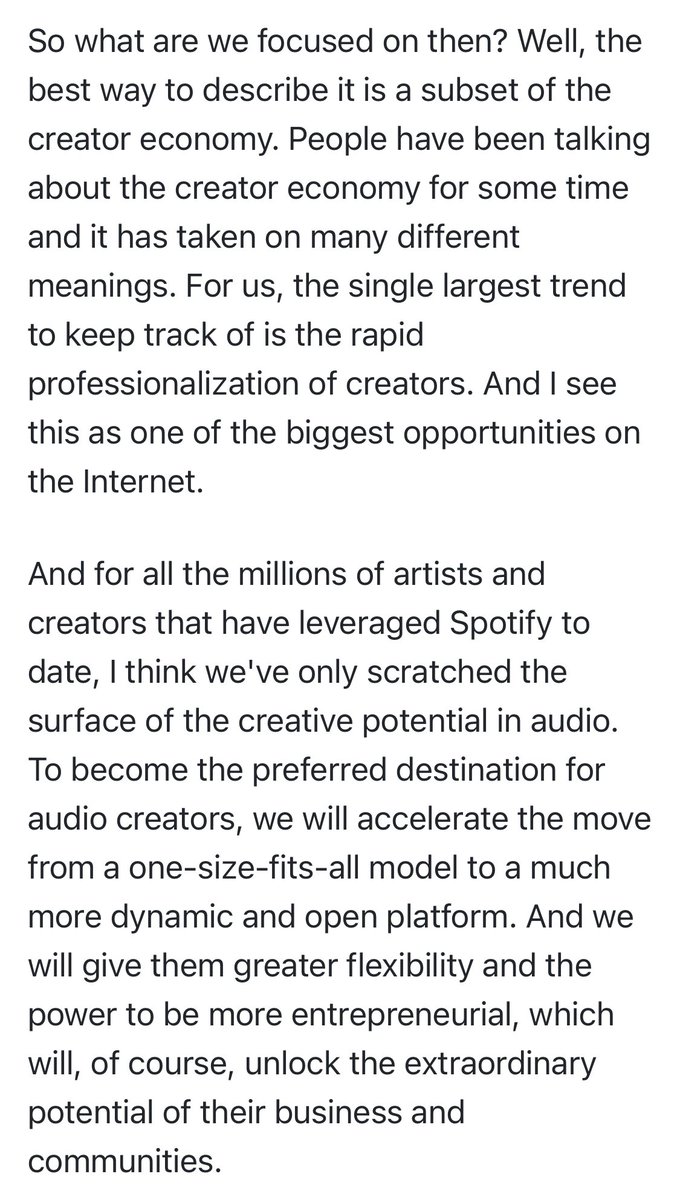
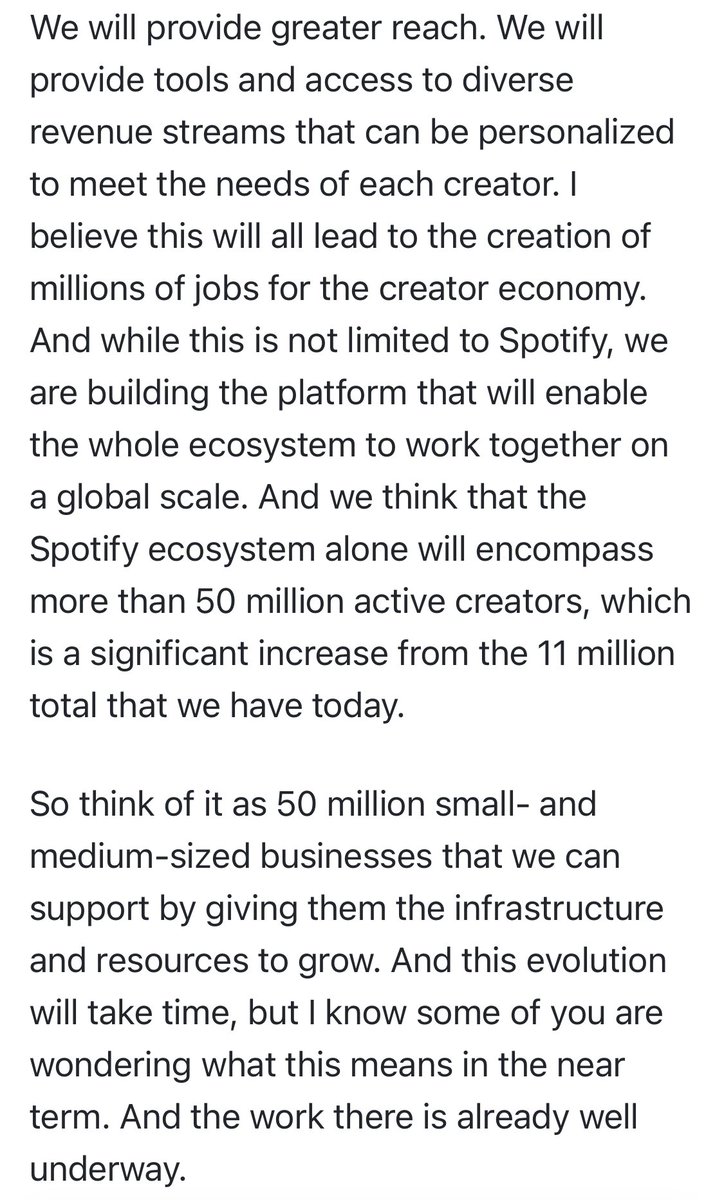
For further context, Spotify pivoted last year to being an “audio network.” This image is from an internal staff training session:
More Crypto Wackiness
A gold cube has turned up in New York’s Central Park. Turns out it’s an advert for a crypto company (of course it is).


Coachella Selling NFTs
The popular music festival is offering a kind of premium ticket as an NFT. However, Coachella is known for dipping its toes into emerging tech — in 2019, it had an augmented reality stage.
Notes from the Past ☎️
Neil Young Takes on Spotify…Cue Pono Jokes
A few people made Pono jokes on Twitter when the news came out that Neil Young was pulling his music from Spotify, due to the company’s deal with controversial podcaster Joe Rogan. Pono was Young’s unsuccessful bid around 2014-15 to sell a high-fi version of the iPod.


Neil Young is demanding that his music be removed from Spotify over their continued platforming of Joe Rogan and other spreaders of vaccine misinformation:
“They can have [Joe] Rogan or Young. Not both,” he wrote. https://t.co/DgJFckJymQ
I was one of the people who bought a Pono. Unfortunately, it quickly gathered dust on one of my shelves. There simply wasn’t enough music in its e-store, and what was available was too expensive. Anyway, I posted this on Facebook back in December 2014 (excuse the spelling errors and earnestness):
Evolution of NYT
The New York Times bought Wordle this week. Turns out it fits a pattern:

– In 2000: news subscriptions were 25% of NYT revenue
– In 2020, news subs were 60% of revenue
– In 2021, non-news revenue—games, puzzles, cooking, Wirecutter—made up 55% of subscription growth
Non-news subscriptions: the new future of news!
The Wordle acquisition was also a good-news story about building stuff on the Web:

Obsolete New Yorker Cartoons About Tech

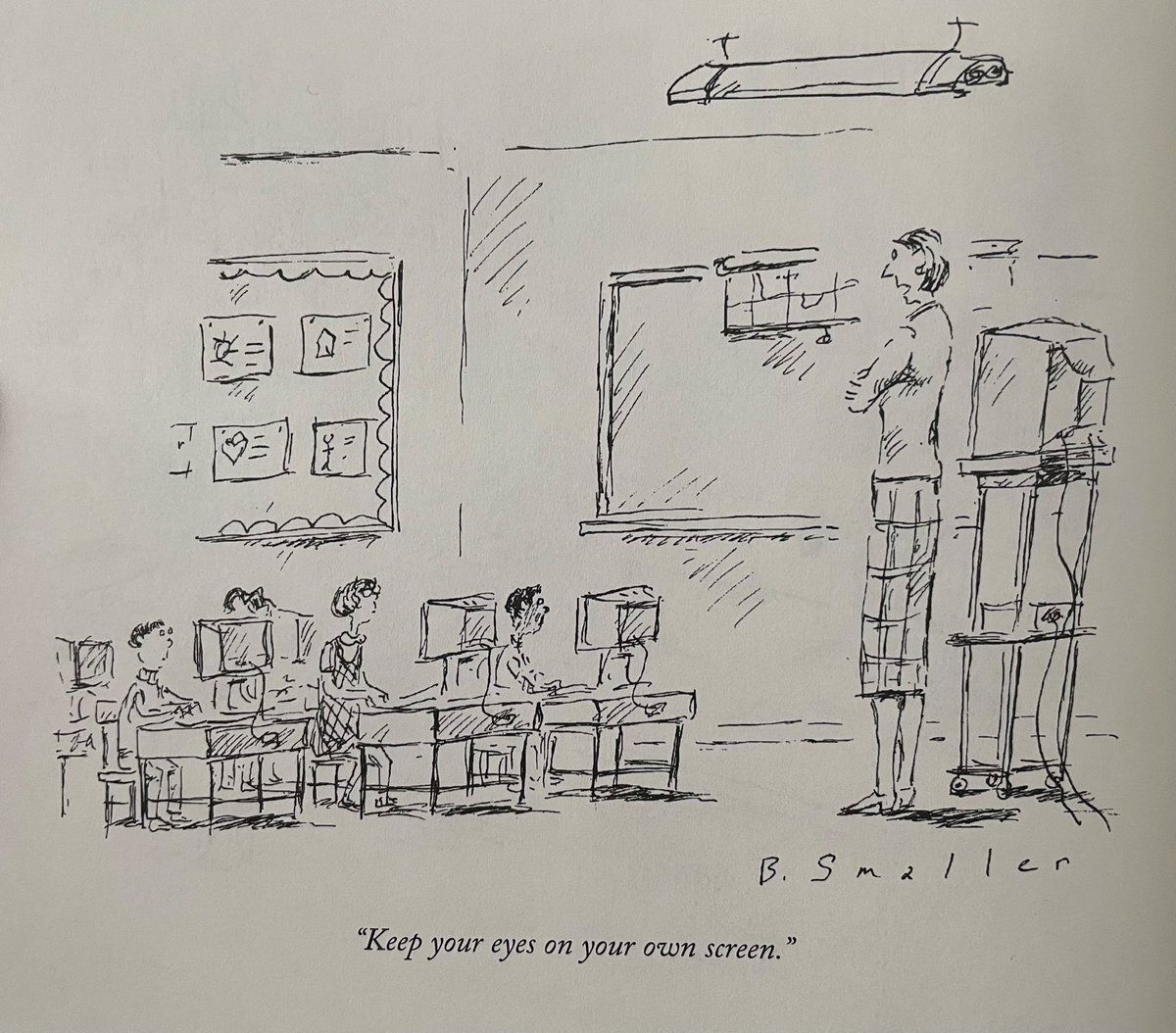
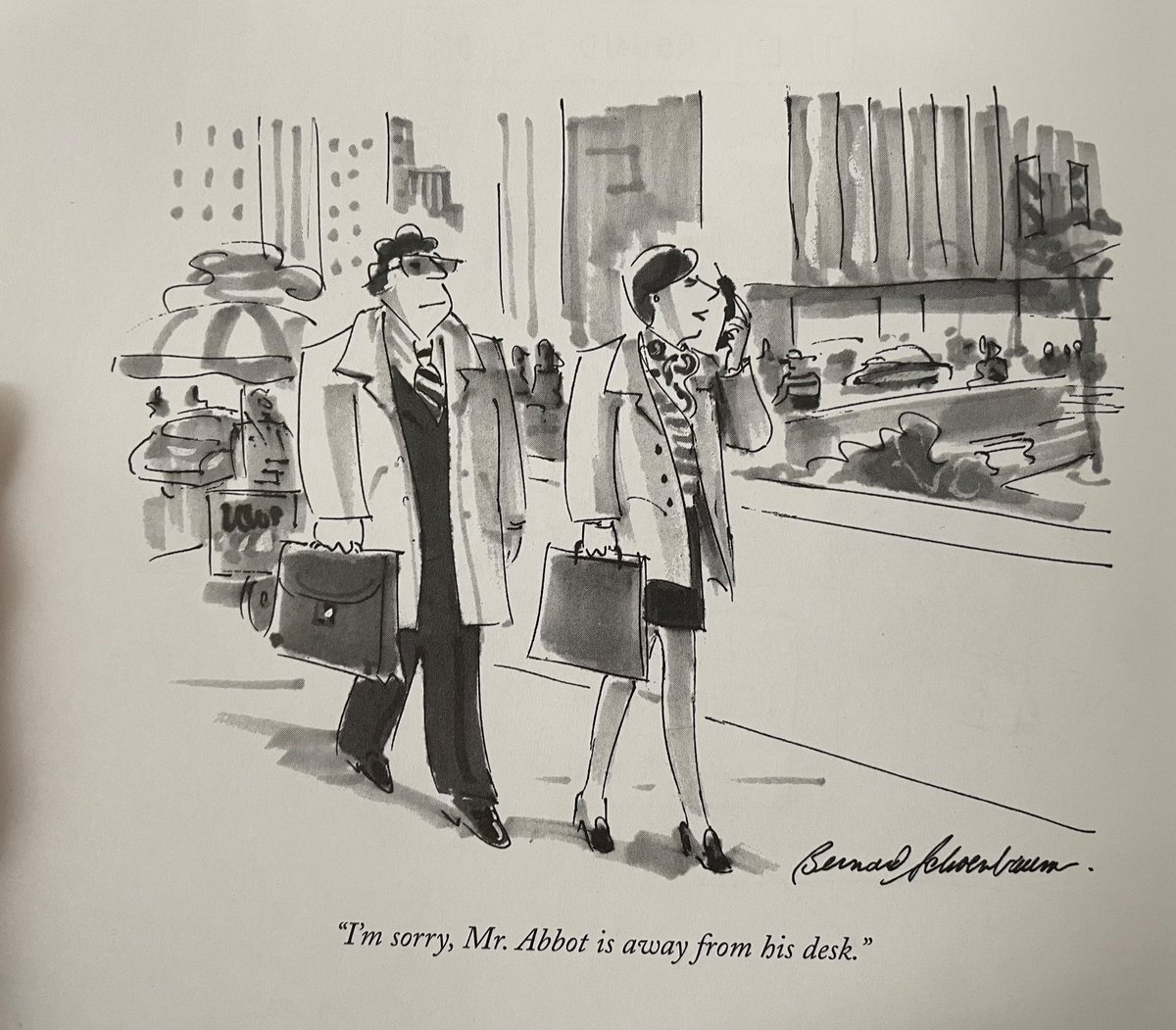
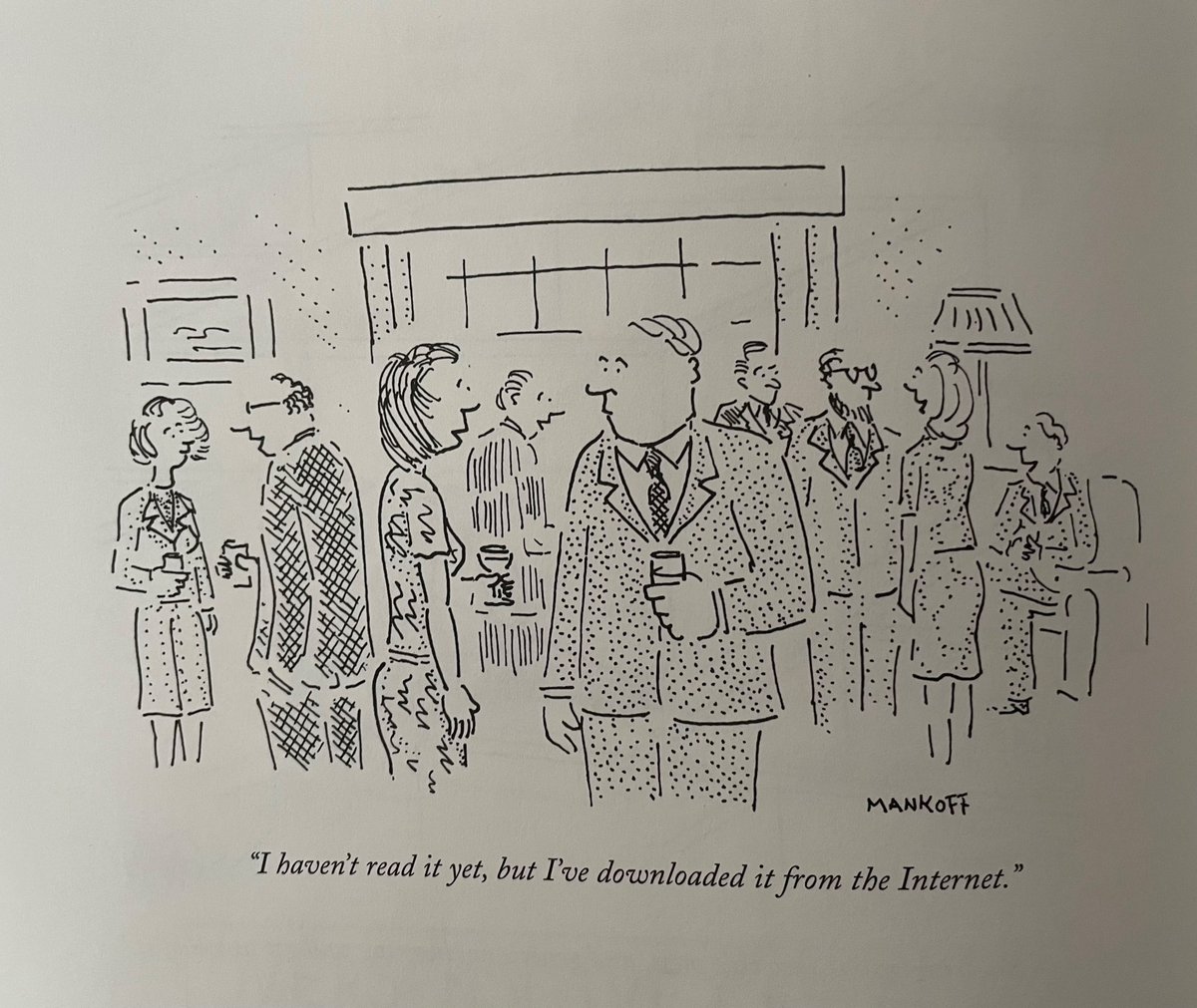
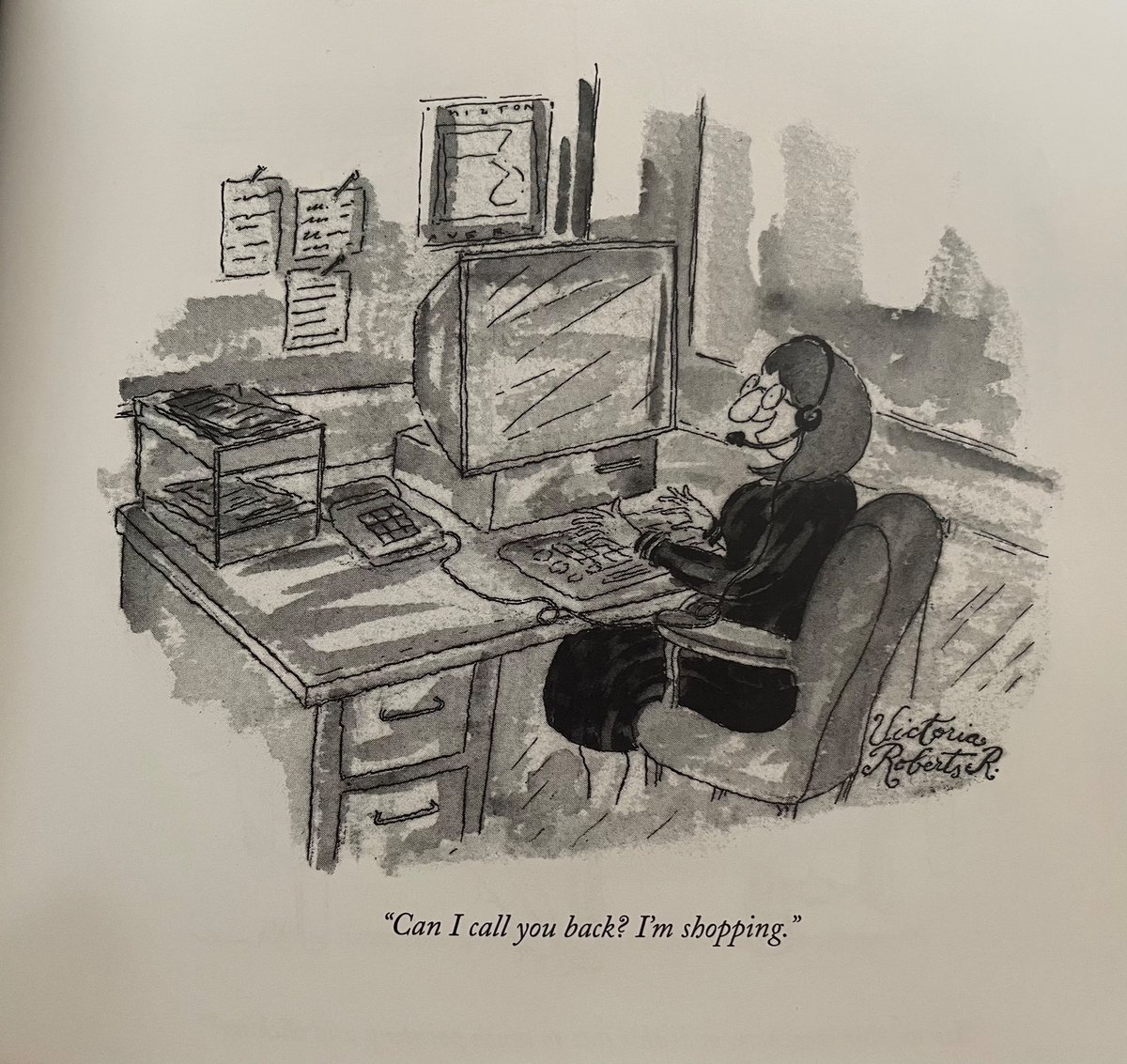
Who can forget this classic New Yorker cartoon, though, which will never become obsolete. Created by Peter Steiner and published on July 5th, 1993.
When Old Apps “Upgrade”

And so another small piece, loosely joined, is cut off and drifts away.
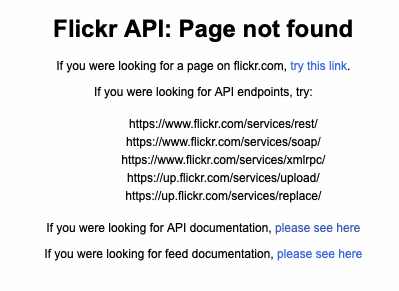
One More Thing 📞
For those of us who don’t play Wordle (xkcd):
See you next week! Do reach out by email (just hit reply) or on Twitter (@ricmac) if you have any content suggestions, or just want to touch base.



